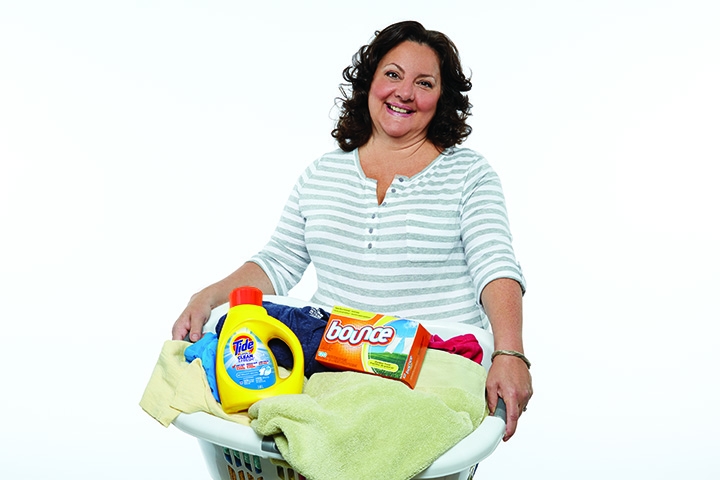Spring-cleaning season is a good time to face some other things you’ve been putting off. OLM sat down with Gail Vaz-Oxlade, the Canadian personal finance guru and host of the TV shows Til Debt Do Us Part and Princess to get some tips about getting your personal finances in order.
We ask Gail why so many Canadians are in debt in the first place:
“Canadian debt is increasing because most Canadians are still under the impression that the credit given out by lenders is disposable income. It’s not disposable income. Until we get our sappy little heads around the concept that one day we will have to pay it back, we will continue to get ourselves stuck in the debt hole.”
It is not entirely your fault though. Gail pointed out a credit rating system that is completely backwards, and that actually rewards debt:
“A credit institution’s only criteria are that you have a good credit score. But if you pay off the minimum balance on your credit card, you actually have a better credit score than if you were to pay it in full. So the system is set up to get you into debt. You’re score is higher because you are more profitable [to the company]!”
Even if you are wise enough not to treat credit like cash, there are other reasons we get into debt, like a sudden laid-off or firing. If this happens Gail’s advice is to alter your budget to include only the things you need:
“If this happens, you’ll want to go over your budget with a highlighter and a black marker. Highlight the things that you have to buy to keep living, and strike out everything that is a want. Cable, for example, is a want. Then, you are going to look for ways to reduce the costs of the things you need.”
With so many people struggling with their personal finances, we asked Gail if it is a good idea to teach personal finance in school:
“No it is not, this is a subject that should be taught at home. Learning about money is a life lesson. It is one of the things parents have to take responsibility for. I am one of the few people saying this, and I’m saying it every time somebody asks. And the reason is that children learn more from what we do, than what we say.”
Gail left us with some final tips about how to make better use of our dollars:
- Track what you spend and always go shopping with a list.
- When making a budget, use realistic numbers. Don’t pull them out of thin air.
- No matter how bad your financial situation is, always save. There is never a perfect time to start saving so don’t wait.
- Avoid credit-consolidating services as they hurt your credit score
- The portion of income you put into retirement varies on when you start saving: 20-year-olds should invest 6 per cent, 30-year-olds should invest 10 per cent, and 40-year-olds should invest 18 per cent.
- Buy products that stretch your dollar, these aren’t always the no-name brands. Visit savingmadesimple.ca for ideas.

